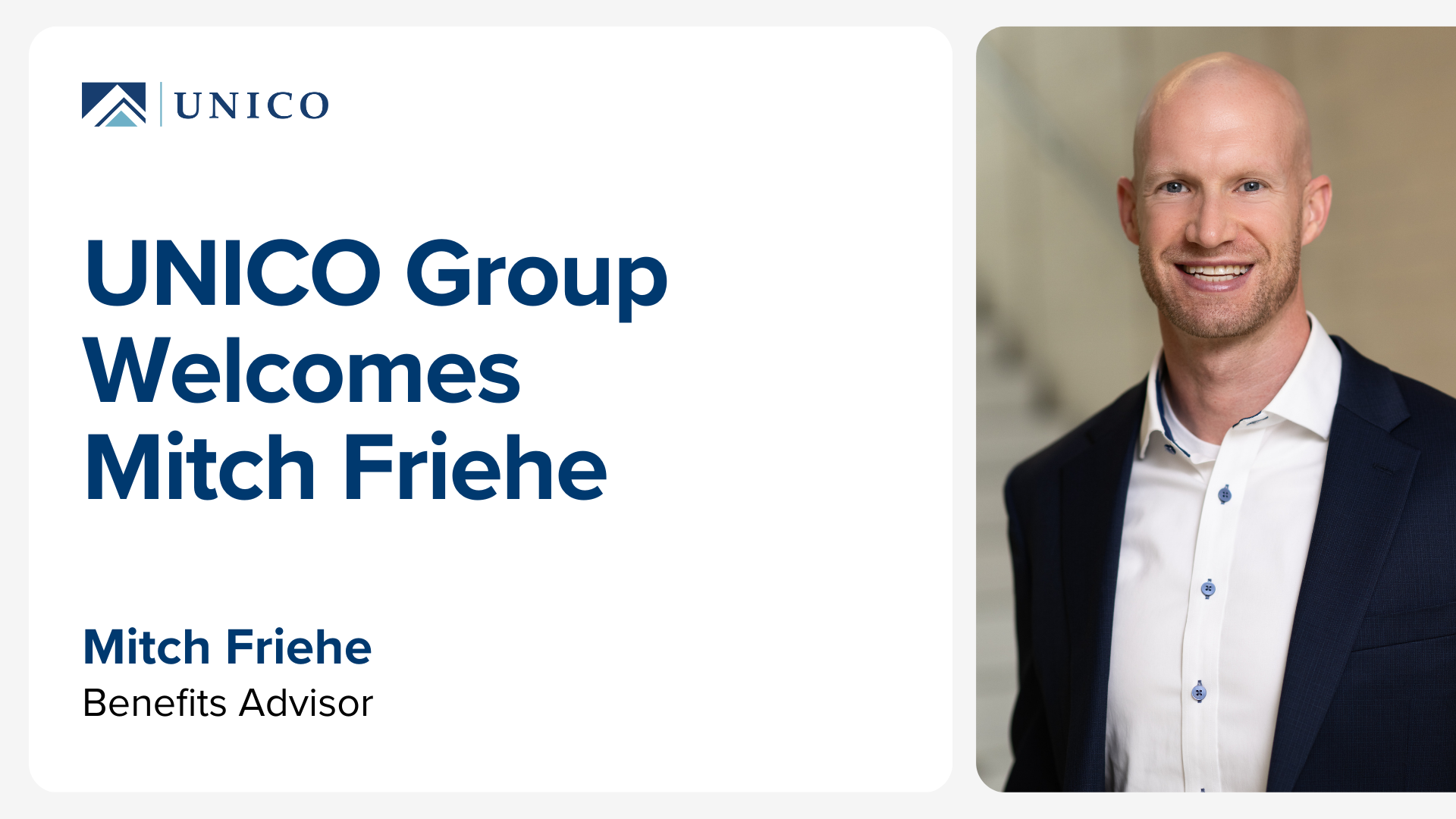Here we are starting the month of June! The half-way point of 2016. Was it not just yesterday that we were wishing each other happy holidays and looking forward to the new year? I can barely remember my new year resolutions made just a few months ago, how about you? There are a lot of things that we know  are good for us, but we never get around to doing them.
are good for us, but we never get around to doing them.
We know we should:
- Exercise more
- Eat healthier
- Drink more water
- Sleep more
- Read more books
- Take better care of ourselves
- Do our periodical health check-ups, etc.
The list could really go on for a while. We often use these lists when we define our New Year resolutions or when we decide we want to have a better quality of life. I bet you have one of these lists too. And improving your online security may be on it as well, because it’s one of those things that you’ve always wanted to do, but never had the time for. But, don’t worry, you’re definitely not alone in this!
A minimal web security education is something most of us got through trial and error. Fifteen years ago, no one got a “10 steps to stay safe on the Internet” handbook when they bought/received their first computer. In my case, since my parents didn’t have any computer-related experience either, they couldn’t teach me about it.
Times have obviously changed a lot, and now we see kids that use tablets at the tender age of two. Their parents or other siblings are PC-literate, so they’ll certainly find out how to use the web fast. But cyber security education is not as common as it should be, in this context. This is why so many people still struggle with online safety.
At least one of the reasons below must have crossed your mind at some point. I know they’ve crossed mine, and I’m not afraid to admit it.
1. I don’t have time to figure out online security.
- This is probably the scarcest resource we have. I don’t know about your day, but mine is scheduled from the moment I wake up to when I fall asleep. Plus, the little spare time you have, you probably want to spend doing something that you really enjoy. And that’s absolutely normal.
Truth: You are probably spending more time watching TV/movies, going out to dinner or visiting with friends more than you think. I’ve added up the numbers from my own experiences and I found out I spend literally weeks doing these things.
2. I don’t have the money to buy expensive cyber security products.
- Your money must cover the priorities (rent, food, clothes, transportation, etc.). On top of that, many Internet users seem to think that cyber security products are expensive.
Truth: Online security products destined for home use are actually affordable. We’re talking about a medium price of $25-$30/year for a top-notch antivirus solution. That’s around $2/month. That’s less than what a good cup of coffee costs. Surely you can spend that much on protecting your data.
2. I don’t understand what I have to do.
- I feel your pain. Tech, in both hardware and software, has evolved at a mind-blowing speed in the last 10 years. Systems have become super complex and it really takes a technically-inclined mind to really grasp what’s going on.
Truth: For every technical article on Internet security there are dozens of others that make it stupid simple to ramp up your online safety. And they’re only an easy, fast Google search away.
- There’s too much information out there, and I don’t know which is worth reading/applying. This one is related to the problem stated above. It’s difficult to keep up with everything that’s going on. Information is coming at us from all directions, and, I don’t know about you, but it overwhelms me sometimes.
Truth: YOU have the power to cut through the noise. Reading through so many articles, you can definitely tell which guides are the real deal (and are worth following) and which ones are just fluff and click-bait. If it’s only 3 phrases long, it’s probably just a feeble attempt to get more page views. Trust your experience with the web.
3. I already know what I have to do. (But I can’t find the motivation to do it.)
- There’s quite a large category of Internet users who already know what they should do for their online security. If you’re reading this, you’re most likely one of them. But the challenge is to actually get it done. A mental checklist won’t replace the actual effectiveness of a security product.
Truth: There are plenty of true stories out there that will scare you into acting. It may not be the best way to get the motivation you need to act, but it might work. Go on, give them a read.
4. I don’t need more online security. Cyber criminals wouldn’t target me.
- That’s one of the biggest myths on the web. Fair warning: cyber security specialists will roll their eyes at this whenever they get the chance.
Truth: If you have an Internet-connected device, if you own an email address or have ever used the web for anything, you’re going to be targeted by cyber-attacks. It doesn’t have to be like in the movies and you won’t even notice it in most cases. There’s nothing glamorous about malware that sits quietly on your PC and steals your data, later sending it to a server controlled by cyber criminals.
5. Why can’t I just use one product that covers everything?
- Ah, this is the dream: to buy and install a security product that takes care of everything! But, unfortunately, this isn’t possible. The main reason is that hardware and software are too fragmented and complex for one single product to address all the vulnerabilities in these systems.
Truth: Just as there is no universal cure for every disease that humans have, there is no panacea for cyber-attacks and their consequences.
6. I’ve heard/read that antivirus is not that effective. Why should I bother installing it?
- If you’re struggling with this question, you’re not the only one.
Cyber criminals have developed new and sophisticated ways of avoiding antivirus detection. This means new types of malware and new attack tactics.
Why? Because, if they manage to keep their infections below the AV’s radar, they’ll be able to maintain your system compromised for a longer time, and steal more of your data and money.
Plus, cyber security is not limited to installing an antivirus. It’s much more complex of an issue than that.
Truth: Antivirus is no longer enough for your protection or the protection of your company, but it’s still necessary. However, this means that you need to think of on-line security for you and your employees in layers, and we have just the plan to help you do that. Contact the Unitel Risk Management Department and find out the details.




